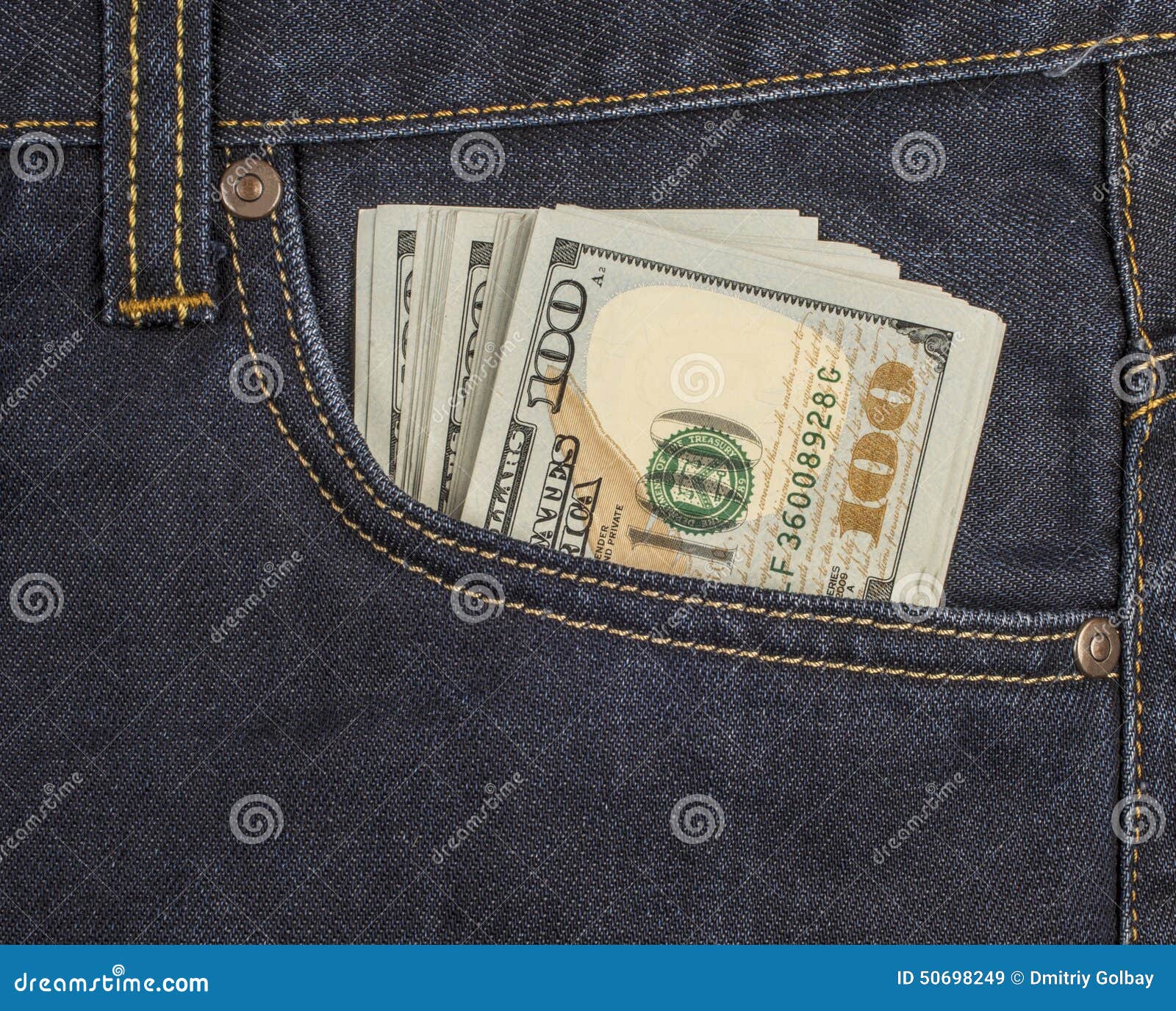

“That $40 can go to a nice little lunch out with your friends,” she says. It may not sound like significant savings, but Vermond says that’s why small stuff so easily escapes our focus. “All of us have a lot of balls in the air, and library books are the last thing that we remember to take care of, especially when life gets busy,” she says.īut since Vermond signed up to get an email alerting her to when her books are due, she says she’s saved $30 to $40 a year. One that she recommends cutting: Library late fees. Many of us are less cautious about spending a few dollars here and there, but small costs can seriously add up, says Vermond.
#POCKET CASH CODE#
Checking for a code takes about 45 seconds and usually saves me between $30 and $60." 5. "I can’t remember the last time I’ve had to pay shipping and usually I get a discount on the clothes, too. “Check to see if there’s a promo code anywhere online you can use,” she says. Vermond also recommends that before shopping for anything online, check around to see if you can get a deal. You may also qualify for some seniors’ discounts, even if you’re only in your 50s.

If you’re a member of a group such as CAA, you are also eligible for better rates at tourist attractions, hotels and other attractions. Many large companies offer employees discounts on everything from entertainment tickets to local restaurants. “A lot of credit cards will give you discounts on hotel rooms,” she says, noting cardholders often forget that. Knowing what discount programs you qualify for can also save you significant cash, says Vermond. "I want to use that money to pay for activities the kids actually enjoy.

We’re going in this month to cancel their memberships and we’ll save $1,200 in one year. "Are you really using it? Is your family using theirs? I’m paying $150 a month for my family to be YMCA members, but I’m the only one who uses it on a regular basis. "Now’s the time to look at your gym membership," Vermond says. “I was still paying for it every month.”Īnother monthly charge that many pay but don’t use? Gym memberships.
#POCKET CASH SOFTWARE#
“I also discovered I was paying for a software program that I’d used eight months ago,” Vermond says. Vermond signed up for an online subscription service that let her read several magazines and cost less money. Keeping track of a few dollars at a time may not seem significant, but small savings do add up. Vermond recommends checking once a year: You may find out that you are subscribed to services that you have forgotten about or rarely use. Check your regular paymentsĪnother good way to catch money that’s falling out of your wallet: Go through your bank and credit card bills to see what regular payments you’re making.

Check to see what coverage you have before you opt to pay for protection elsewhere. Some cards even offer a price check protection if you find the same item at a lower price within a few months of purchase. Your card may also have travel insurance, theft protection, extended warranty or damage insurance for anything you buy with the card. Many people don’t realize that they don’t have to buy insurance when they rent a car because they have coverage under their credit card. “A common one is car rental insurance,” says Vermond. Check if you’re coveredĪ lot of credit cards offer extra protection and coverage, but it’s easy to forget what coverage you have. When they finally did look into it, the company reversed the charge, but only for three months. “We have little kids running around, so we thought the bill was too high but we kept putting off looking into it,” Vermond said. Go through your bills every few months, says financial writer Kira Vermond, to make sure that you're not being overcharged.


 0 kommentar(er)
0 kommentar(er)
